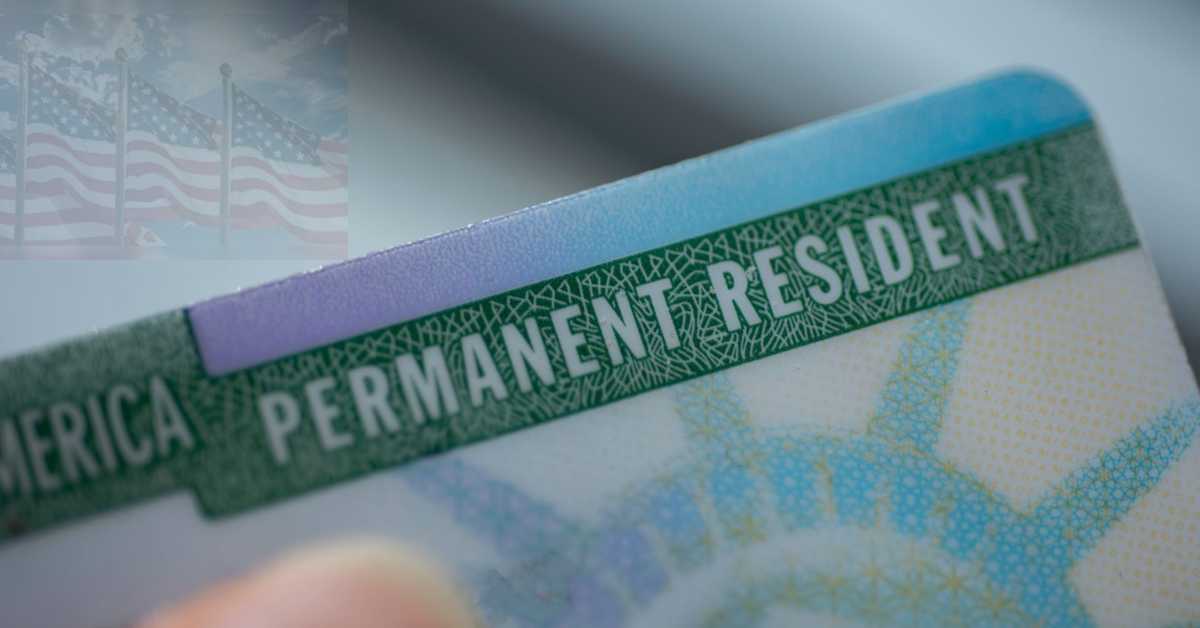The California Gender Identity Bill has recently been under the spotlight, drawing attention from various quarters due to Governor Gavin Newsom’s unexpected veto. This bill was poised to enhance protections for transgender and gender-nonconforming individuals, particularly in custody courts.
The veto has sparked discussions and debates on social media, with many speculating on the reasons behind this decision and its implications for the LGBTQ+ community in California.
Background and Overview
The California Gender Identity Bill aimed to require custody courts to consider the affirmation of a child’s gender identity, making it a pivotal piece of legislation for transgender and gender-nonconforming individuals.
The bill was part of a broader initiative to enhance the state’s protections for LGBTQ+ people, addressing issues related to discrimination, public accommodations, insurance, and employment.
The bill was met with widespread support from LGBTQ+ advocacy groups and progressive communities, who viewed it as a significant step forward in ensuring equal rights and protections for all, regardless of gender identity. However, the veto by Governor Newsom, known for his progressive stance, has left many puzzled and seeking clarity on the motivations behind this action.
Newsom’s Veto and Public Reaction
Governor Gavin Newsom’s decision to veto the bill has been met with a mix of disappointment, confusion, and speculation. The veto comes as a surprise to many, given Newsom’s history of supporting LGBTQ+ rights and progressive policies.
The governor has signed several other bills aimed at enhancing protections for LGBTQ+ people in California, making this particular veto all the more perplexing.
Social media platforms are buzzing with discussions and debates on this topic, with users expressing their views on the veto and its implications.
Some speculate that this decision may be linked to political considerations, possibly in anticipation of a potential presidential run by Newsom. Others are seeking more concrete explanations and are calling for a detailed justification from the governor’s office.
Implications for LGBTQ+ Rights
The veto of the California Gender Identity Bill raises questions about the future of LGBTQ+ rights in the state. While California has been at the forefront of progressive policies and legislation, this veto signals a potential shift or re-evaluation of priorities.
Advocacy groups and LGBTQ+ communities are expressing concern over the potential impact of this veto on ongoing efforts to secure equal rights and protections for transgender and gender-nonconforming individuals.
The discussions surrounding this bill and its veto are reflective of the broader debates on LGBTQ+ rights in the United States. The need for comprehensive legislation to address issues related to gender identity and expression is evident, and the veto of this bill underscores the challenges faced by the LGBTQ+ community in advocating for their rights.
Conclusion
The veto of the California Gender Identity Bill by Governor Gavin Newsom has ignited discussions and debates on the motivations behind this decision and its implications for LGBTQ+ rights in California and beyond.
The bill, which sought to require custody courts to consider the affirmation of a child’s gender identity, was seen as a crucial step in enhancing protections for transgender and gender-nonconforming individuals.
The public reaction to the veto has been mixed, with many expressing disappointment and confusion, while others speculate on the political considerations that might have influenced this decision.
The implications of this veto for LGBTQ+ rights are significant, raising questions about the future trajectory of legislation aimed at ensuring equal rights and protections for all, regardless of gender identity.
The ongoing discussions and debates on this topic underscore the importance of continued advocacy and dialogue to address the challenges faced by the LGBTQ+ community and to work towards a more inclusive and equitable society.



